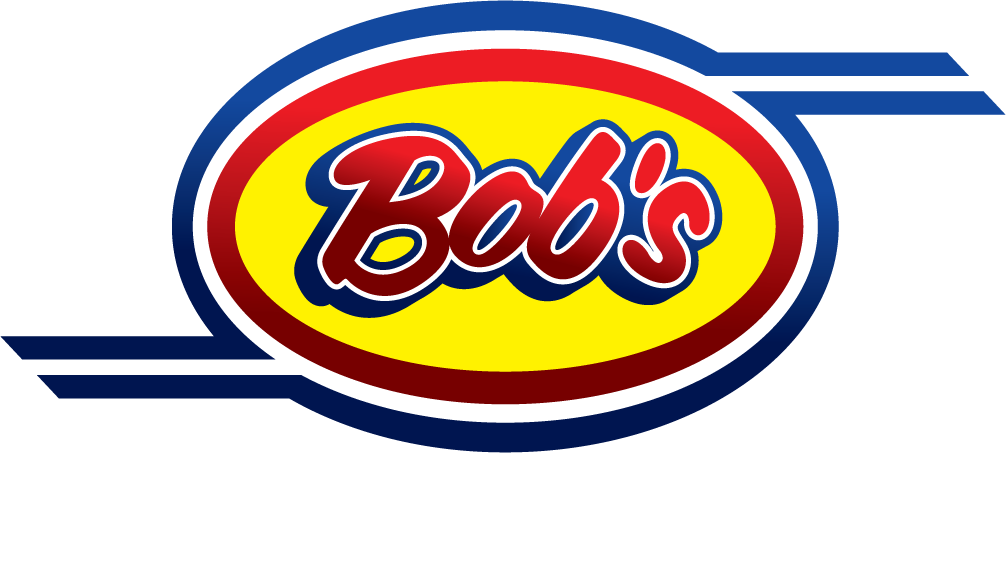Is a Gas Furnace or Electric Furnace Better For Your Home and Family?
Learn About the Pros and Cons of Gas and Electric Furnaces
Now that temperatures are dropping and the winter chill is fast approaching, you’ve probably already pulled out your family’s stowed-away comfy sweaters and traded in the lemonade for hot chocolate and marshmallows.
It's a beautiful time of year, and there's nothing better than watching the season descend from inside of a warm, cozy home. So, in light of our changing temperatures, we decided it’s a good time to share some information for those thinking about upgrading their furnace in Woodinville and the surrounding areas.
The question our clients routinely ask is this: is a gas furnace or an electric furnace better for my home and family? So to answer that, we’ve put together this guide to help you determine which solution is best for you and yours in Seattle and beyond.
Let’s take a look at what that means when heating your home.
SEE ALSO: Can I Sleep on a Heating Pad?
Cost
Electric furnaces usually cost much less for the initial output when considering both the cost of the equipment and installation.
On the other hand, gas furnaces tend to be less costly to run. Washington Gas reports that a gas furnace's estimated annual operating cost is $574, while an electric furnace comes in at $1,965. This amounts to a difference of about $20,865 when estimating the operating life-cycle cost or the amount saved after 15 years.
Of course, this difference magnifies if heating a larger home in a cold climate. Gas furnaces tend to heat homes faster, making them a suitable choice in colder climates. On the other hand, if you're in a smaller house in one of our state's warmer regions, an electric furnace can meet your heating needs without putting a considerable strain on your budget.
And, of course, there are those areas where natural gas is not readily available, making this decision a relatively easy one.
Lifespan
Another consideration is the lifespan of each unit. With regular maintenance, gas furnaces tend to last up to 20 years. These furnaces should be checked annually to ensure they perform correctly and that no carbon monoxide is leaking into your home. They also have small parts, like igniters and controls, that may need to be replaced now and then.
Electric furnaces, on the other hand, will likely last longer and require little to no service.
Health
While natural gas is considered a relatively clean-burning fuel, the extraction process releases methane gas into the atmosphere, negating some of its clean-burning benefits. This makes trying to choose a heating solution that’s best for the environment a little tricky.
One of the most important considerations for both types of equipment is the efficiency rating. If you’ve upgraded to a high-efficiency unit, you’ll reduce pollutants and emissions and reduce your carbon footprint.
As we mentioned, burning natural gas creates carbon monoxide, an odorless gas that can be harmful and even fatal if breathed in high quantities. As long as a gas furnace is maintained property and checked by a professional technician once a year, carbon monoxide should remain within the walls of its heat exchanger, flowing from the flue pipe and safely vented out of the home. Families should also be sure to install carbon monoxide detectors as an extra safety precaution.
Which Furnace Is Right for You?
Knowing which furnace is right for your home and your family’s needs requires considering many factors. Some homeowners don't want to deal with yearly inspections or the possibility of carbon monoxide leaking into their homes. Others enjoy the cost savings and quick heating of gas furnaces.
At Bob’s Heating, we’ve been helping families in Washington stay warm, healthy, and safe since 1957. We’re made up of a team of well-trained, professional technicians and installers who are committed to providing the best service and products for the families we serve. That’s one of the reasons why we’ve grown to be the largest residential HVAC contractor in the Puget Sound area.
To learn more about the best method for heating your home or set up a complimentary consultation, contact Bob’s Heating today.

